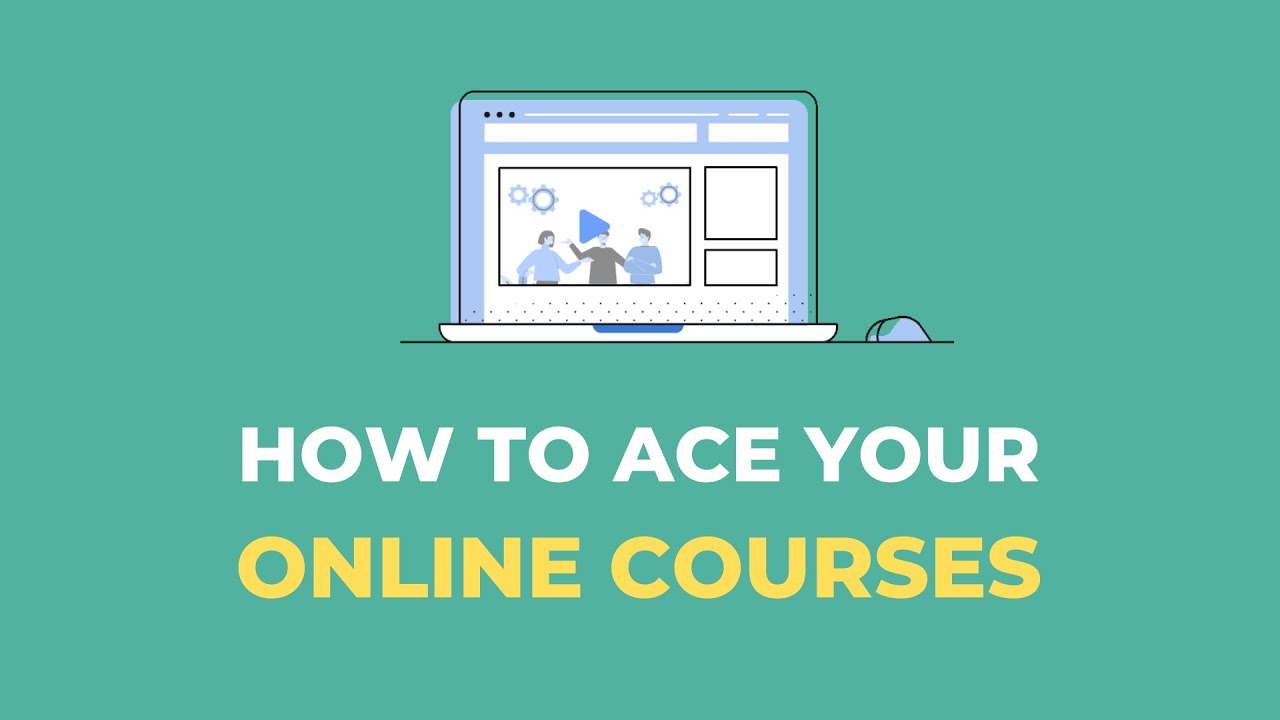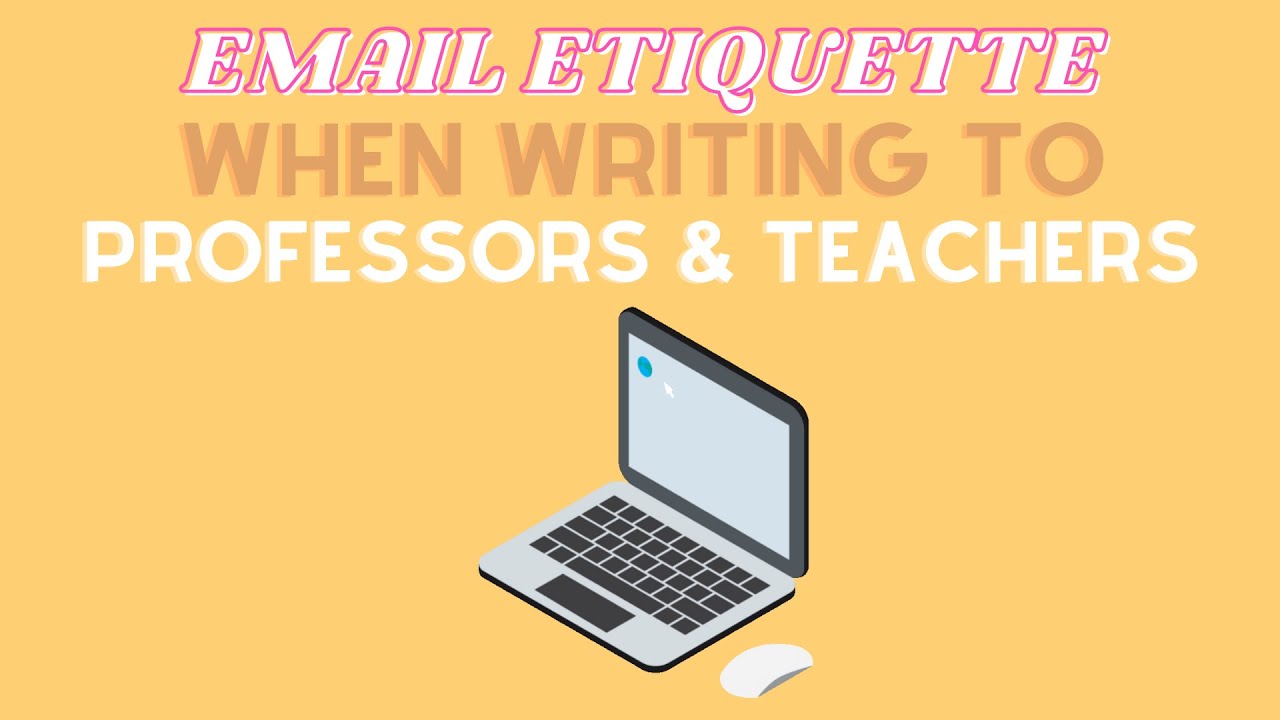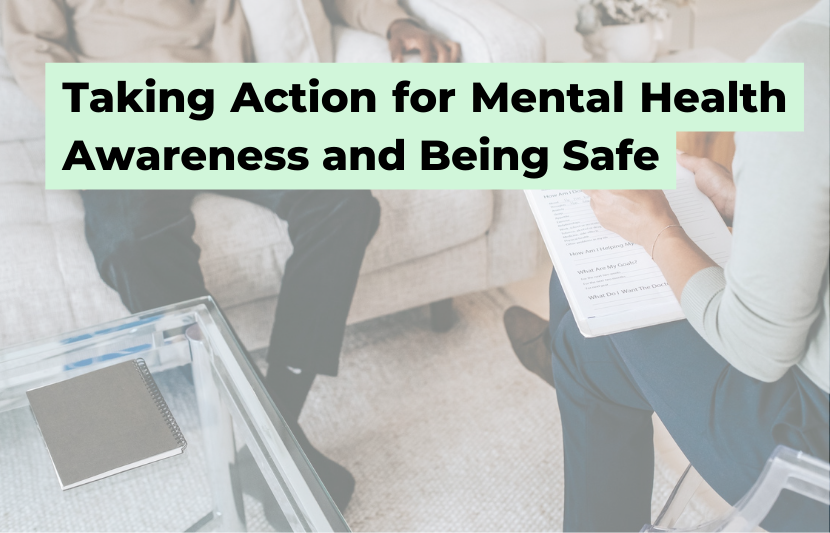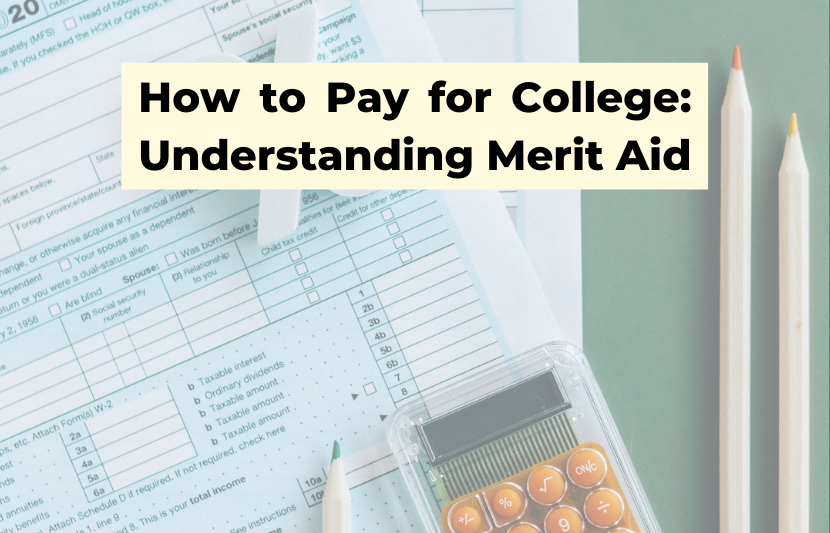In this episode of TUN TV, Dr. Crystal Rose interviews April Paris-Joseph, founder of Paris Educational Solutions, about college rankings.
Dr. Rose: Welcome to The University Network TV where we scan the globe to give students, their families, and educators the very best tips for student success. I’m your host today, Dr. Crystal Rose.
On today’s show, we’re exploring the college admission series entitled, “Let’s Talk About College Rankings: Should These Matter?”
We’ve all heard about college rankings. In fact, it’s so pervasive, it’s difficult to even do research on the colleges you want to apply to without running into the rankings, both national or even international lists. But how much should you focus on these rankings when it comes to discovering the right schools for you?
That’s what we want to explore today. And for today’s conversation, we’ve invited a very special guest, April Paris-Joseph from our featured college advising series. April is the founder of Paris Educational Solutions.
April, welcome.
Paris-Joseph: Hi, Crystal. Thanks for having me as always.
Dr. Rose: Absolutely. We’re trying to understand today how important college rankings should be for students when they’re researching colleges. For example, if you hear that a certain school has a high ranking, should this be an indication that, if you’re a top student, you really need to be applying to the so-called top school?
Paris-Joseph: No. How’s that for the short answer? I mean, I think what I really try to focus on, and what I hope families and students focus on, is the right fit for the students. So, students are not all the same and not everyone’s going to get the same thing out of every experience. They really need to think about: what I want to study and if this school has the program I want to study. What kind of student am I? Am I going to go to 500-students lecture halls and really do well? Or do I want to be in a small room or at a table having a discussion with 10-15 students?
This is actually a lot more important than the brand name because it’s what you make of this program and your experience, not the name of the college that you go to.
Dr. Rose: That’s really well said. Start asking yourself questions about things that are important to you and not just looking at the ranking. So, how are college rankings created?
Paris-Joseph: The biggest problem with the rankings, in my opinion, is that they’re really about input and not output. So, you’re looking at data that’s brought together about the students’ high school GPA, the students’ test scores – everything that they’ve brought with them to the campus. And, really, what you want to know as an incoming student is, what am I going to be able to take away from the campus?
So, how about learning about career services? How about learning about outcomes in terms of jobs that students are getting after they’re there? Are students happy on campus? Is this a safe place to be? What’s the social environment? None of that’s going into the ranking. And you can’t rank the social environment. You can’t rank high Greek life and not a lot of Greek life because there’s no empirical good or bad there. It’s what does the student want and how will the student be happy.
Dr. Rose: So, what do you consider the greatest problem when taking the rankings as a part of your college research process?
Paris-Joseph: You know, the biggest problem is that you’re looking at something that doesn’t matter and doesn’t tell you anything about how you’re going to experience this place. So, schools can really take the statistics and manipulate them to drive up their rankings, and they do. Northeastern and Tulane have been very clear and upfront about the fact that they wanted to raise their ranking as they cleanse it. So, they took steps to drive up their application numbers.
Sometimes, schools will take away their application fee. And, really, the goal is to get more students to apply because if you drive up your application numbers, then your acceptance rates are going to go down because you’re still going to take the same number of students. And then, that’s a data point that gives you a higher ranking.
There’s even some suspicion around the data that schools are giving. Columbia and 10 other schools, actually – Columbia wasn’t alone in this – have been dropped from the rankings because there’s some questions about the data that they gave and whether or not it’s good. Columbia actually had a math professor who brought this to public attention himself.
And so, I think it just goes to say, we have to remember colleges on some level are a business. So, if you’re going to rank me as a business, I want to get ranked high. I’m going to do what it takes to get my ranking up.
Dr. Rose: That’s really good information for us. Do you suggest that your students and their family completely ignore these college rankings?
Paris-Joseph: Yes, and then a little bitty teeny tiny, no – it’s a tough thing. Paul Tough wrote a great book called “The Inequality Machine.” And what he talks about is how this whole process of how we select students for college, and who gets in and then what it does, really perpetuates our economic disparities. Because the most affluent students are the most likely to get into our most highly ranked colleges. They started off with all these resources and everything. So, for those students, I mean, who cares? It’s going to be fine.
The truth is that research shows that for underrepresented minorities, for students coming out of lower economic resource families, that brand name does help launch their career. It does make a difference. And I think, I actually honestly think, that’s about networking. And you may go back to the Larry Miller example. He did fine without all that.
But I think it’s about the network. You think about students, 40% of our Ivy League schools are filled with students in the top 5%. Families, economically, already had that network. So, really when you see the students in the lower economic bandwidth, it’s really getting access to that and the opportunities that come with it.
Dr. Rose: It’s a really good point of network equality. I appreciate you sharing that. Well, there you have it – the ins and outs of college rankings. Hopefully, going forward with April’s advice, you’ll understand how to navigate this better.
Thank you so much for being on the show today, April.
Paris-Joseph: Thanks.
Dr. Rose: Thank you very much for joining us on this episode of The University Network’s television show. I’m your host, Dr. Crystal Rose. Until next time on TUN TV.
This interview has been edited for clarity.
For more exclusive interviews with experts who share their insight to help students succeed, check TUN TV!
Related:












